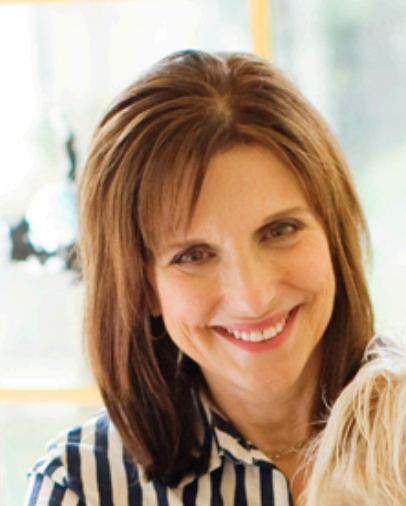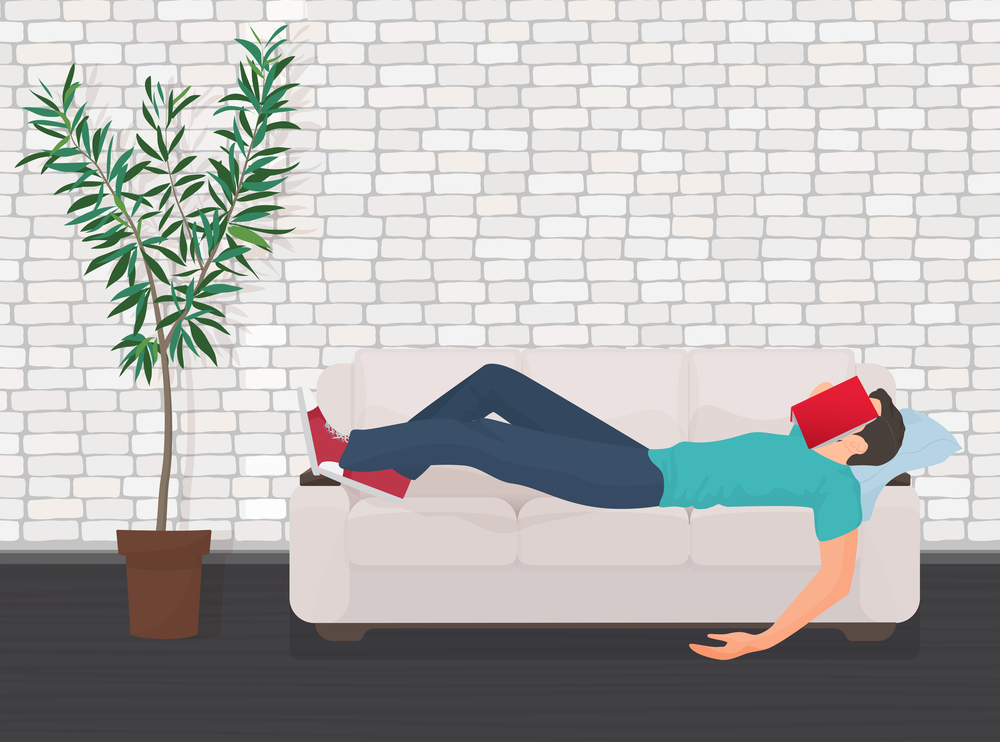If you’ve visited (or live in) Europe, you will be well acquainted with the concept of the nap. In most of Europe and in Asian countries, particularly China, a restorative afternoon rest is part of daily life, says Sara Mednick, Ph.D, an associate professor in the department of cognitive science at the University of California, Irvine, and author of Take a Nap! Change Your Life. In America, daytime snoozing is still often viewed as lazy — a guilt-inducing indulgence. But the latest scientific research shows even a short early afternoon snooze can lead to better health, performance and general well-being.
Perspectives on napping are changing. Companies such as Google and NASA have installed nap rooms or pods for their employees, while U.S. colleges, including the University of Michigan, have also set up designated rooms for napping. And here at Thrive, we have a “wellness room” complete with a nap pod.
“It’s great to take a short nap to recoup lost sleep and help to make up for a night of poor rest,” says Thrive Global’s Sleep Editor-at-Large, Shelly Ibach, President & CEO of Sleep Number. “The key is to nap by early afternoon so it doesn’t disrupt your nighttime sleep,” she adds.
Mednick agrees, but adds that longer early afternoon naps can be beneficial too. As a top expert on napping, she gets the “what time should I nap” question regularly — as well as a slew of others. Here, Mednick answers the most common questions she hears, so you can sort out what type of nap (if any) is best for you.
What’s the ideal time for a nap?
Start with 20 minutes to half an hour, then if possible, increase it. Sixty to 90 minutes gives you the perfect nap because you experience all the important sleep stages, so you maximize the benefits. But 20 minutes is great for a pick me up!
What are the health benefits of napping?
Napping can reduce blood pressure, research shows. There is lots of evidence that people who are sleep-deprived are at risk for depression, obesity, and diabetes, and that the more you nap, the more you can decrease metabolic risks. Studies show that people who nap are less likely to have cardiovascular disease. Sleeplessness has been conclusively linked to irritability, anger, depression, and mental exhaustion. Naps are good for well-being, and if you aren’t getting enough sleep at night, there are benefits to getting it back by napping.
Will a nap interfere with my sleep that night?
I’m often asked that question. The answer is it depends. If you nap early in the day, there won’t be a negative impact on your sleep at night. But naps later in the day that are longer than 20 minutes do have the potential to keep you awake at night. We are not saying replace sleeping at night with napping, but that well-rested adults who are sleeping enough — at least seven hours at night — could benefit even more if they take a nap every other day. When babies sleep in the day, they sleep well at night too. If babies are overtired, they get hyperactive and don’t sleep well at night. The same is true for adults.
How can naps improve performance?
In a recent study with elementary school children in China, we found that kids who napped the longest and the most frequently were the ones who had the best school performance. They also had the highest levels of happiness and lowest levels of dysfunctional behaviors. For adults, a nap can speed up your motor performance. You don’t have to be an athlete or musician to benefit. All of us engage in tasks that involve coordination, whether we’re typing at a keyboard, changing a tire or bagging groceries. A Harvard study demonstrated that the speed of a learned motor performance is the same in nappers after they’ve woken up, as in those who have had a full night’s sleep. A nap also clears away the cobwebs and helps with creativity.
Who shouldn’t nap?
All children need naps, but adults who don’t enjoy napping won’t benefit. We did a nap training study with subjects who said they don’t like to nap and looked at their performance after they’d napped. (In studies, we always test subjects who are well-rested). Indeed, not only did they feel bad after they woke up from the nap, they also didn’t perform well on the memory test, compared to habitual nappers.
Can you nap for too long?
There are what we call “dysfunctional naps.” If you’re depressed, you could be napping too much and for too long, perhaps to avoid social engagement. You could be over-napping because you have a physical illness like a virus. If you suspect you’re napping because of a mental or physical issue, check in with your doctor.
Where should I nap if I work outside my home?
If you have a nap room at work, that’s ideal. If not, choose a place where you feel really safe and where you can totally relax. If you can go home from work to nap that’s great, but it could be in your car. There is a movement to install “nap stations” in more cities and in airports, which is great.
Can napping prevent burnout?
Napping is great for emotion regulation and for relieving anxiety. We have a lot of research looking at the effect of doing the same thing over and over again, showing that the brain cannot sustain a continuous high level of performance across a day; that it falls apart across the day — and the only way to restore it is with daytime sleep.
Follow us here and subscribe here for all the latest news on how you can keep Thriving.
Stay up to date or catch up on all our podcasts with Arianna Huffington here.


